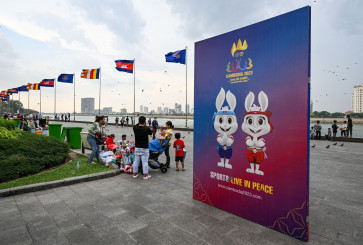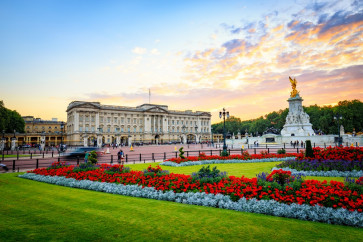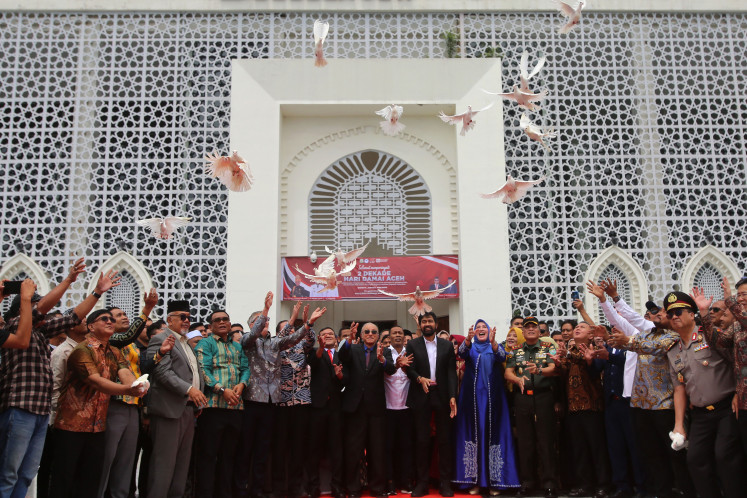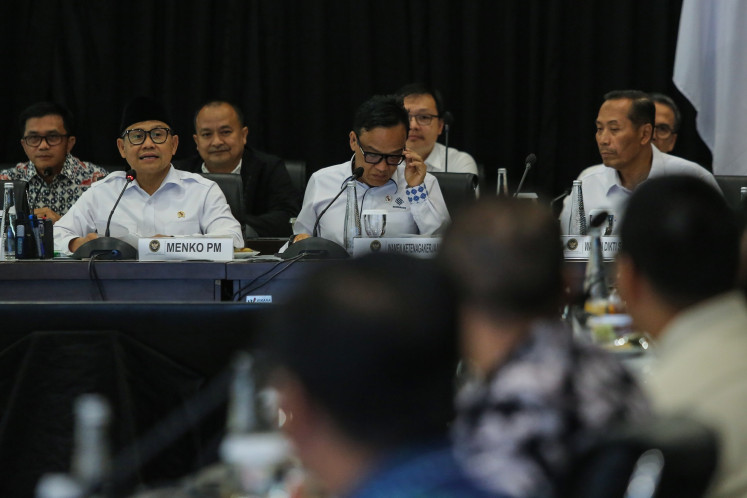Popular Reads
Top Results
Can't find what you're looking for?
View all search resultsPopular Reads
Top Results
Can't find what you're looking for?
View all search resultsThe domain and path of culture?
Raymond Williams in The Long Revolution (1975) and Culture (1981) distinguishes three areas within the domain of culture
Change text size
Gift Premium Articles
to Anyone
R
aymond Williams in The Long Revolution (1975) and Culture (1981) distinguishes three areas within the domain of culture.
The first is the conceptual domain, in which the process of human beings self-perfection takes place with reference to and moving toward the achievement of a certain universal fundamental higher purpose.
This formulation describes life and the universal referential order constantly applied in everyday life. First, a faith and belief system concerning the meaning or purpose of life.
Second, culture is perceived as the 'domain of documentary records of human practices in life', whereby life is appreciated as 'text' which records the structure of human imagination, experience and thought.
Third, the domain formulations of culture from its social aspects as 'signatures' of a certain life universe, in which cultural studies serve as a form of endeavors and initiatives for constructing the spirit of 'customs', traditions and the structure of mental attitude taken in appreciating life.
Bearing in mind the foregoing, culture is also understood as a 'system of reference for life values' along the dignified journey of the offspring coming from its womb either as individuals or as a community.
The texture of value references plaited and knit together on the joint pilgrimage of life undertaken by such individuals, enabling them to attain greater dignity as human beings and thus leading the path of culture toward becoming the main course called civilization.
It is at that point that culture becomes an 'intuitive space in life', a space with esthetical taste celebrating and glorifying life in 'dancing' (when the beauty of motion in nature and life is expressed through dance movements) and in 'singing' when life is celebrated through songs.
Those are the areas of artistic taste and religious intuition, as well as the esthetic aspects of culture.
Born from the womb of their culture, human beings are also the offspring of the pure spirituality of their ethnic locality, local wisdom and diverse and abundant life wisdom.
Human beings are on a continuous quest constantly seeking 'the meaning' of life. They also constantly refer to everything that is considered good, true and beautiful in appreciating and living life either as individuals or as a community.
As part of conscious intellectual activity, they have the inherent capacity (in other words, cognitive capacity) of discerning and appreciating reality in order to understand it in a cognitive manner.
Human beings also have the 'affective' potential to admire and develop beauty (esthetical taste). In addition to the above, human beings also have the religious capacity to appreciate life while seeking answers and meaning as to the purpose of their life and the source of their very existence.
According to such views, culture is considered the 'various capacities within a human being'. In other words, culture within an individual human being is also considered the 'creative' (cipta) ability of the mind, the 'sense' (rasa) of the heart and conscience and the 'intention'(karsa) of the human will.
Due to the rich and broad range of cultural stages and understanding of culture as continuous dynamism of its members in living their life in the world of meaning and purpose, using culture as a verb in the process of creating awareness of 'being Indonesian' calls for the formulation of a strategy.
That is to say, an initial vision of ethnic, religious cultural vision starting from diversity, ethnicity, religion and belief serving as an agenda of the feeling and acts of civilization in line with the preamble to the 1945 Constitution, as further elaborated in cultural politics, namely in the form of life as a democratic, just and civilized state based on legal certainty.
Based on the foregoing it can be noted that the path of culture has its genuine strength, due to culture's ability to nourish, celebrate and glorify life, embracing it within a 'system of values'.
Genuine, because culture is a source of discussion even before it is transformed into language in the form of rules or laws of what is good (ethics), what is true (epistemological science), what is beautiful (esthetics) and what is pure (religiousness).
_______________
The foregoing, culture is understood as a 'system of reference for life values' along the dignified journey of the offspring coming from its womb ...
Values are matters regarded as valuable by an individual or a group of individuals applied in everyday life as a reference for conduct and manifested in behavior.
This formulation is in fact only an abstraction of the foregoing, from the diversity of 'Indonesian identity' contributed by the abundance of religious, earthly and celestial richness, as well as the local wisdom of the diverse ethnic groups of the Indonesian archipelago which has taken on an 'Indonesian identity' following the political proclamation of the state of the Republic of Indonesia with its cultural domain based on 'Unity in Diversity' (Bhinneka Tunggal Ika).
There are three aspects of value as belief. First, cognition of what is desired, explaining an individual's thoughts about his or her wishes. Second, the affective aspect; whereby an individual or a group of individuals have emotional feelings about the good, the beautiful and the truthful. Third, value manifested in the form of conduct and influencing behavior.
Therefore, when life as a nation becomes rowdy and noisy by living up to a political path filled with struggle for power and a fight for post, based on the value of winning and losing by thrusting and toppling each other without mercy, returning to the path of culture becomes an inevitable choice.
At the same time, as the path of economization is being excessively narrowed down and reduced only to matters that bring economic benefit, while tossing out whatever is less profitable, the potential threat of homo economicus swallowing each other for the sake of their own profits, does call for criticism.
Why does the path of culture need to be considered the solution? Because the works of culture are in fact aimed at making co-existence as a plural nation such as ours more 'humane', both culturally as well as structurally.
In other words, bringing increasing prosperity to each other and to the state with its education, healthcare, just laws and pro-people economic programs.
It also means working toward creating genuine prosperity, walking along a path which brings us closer to civilization, meaning a shift from the condition of mercilessly ripping each other apart like wolves (homo homini lupus) toward the co-existence of human beings who work together as partners or friends for a just, civilized and prosperous Indonesia based on mutual respect (homo homini socius).
It is here that the cultural approach which looks at social realities in life as a nation and state from the perspective of human mental attitude, the 'values referred to' by individuals as well as a group of individuals, finds its relevance at times when we find it increasingly difficult to experience the values of mutual trust, of caring and showing tolerance for our diversity.
The writer is a professor at the Driyarkara Institute of Philosophy, Jakarta and the University of Indonesia, Depok, West Java.










